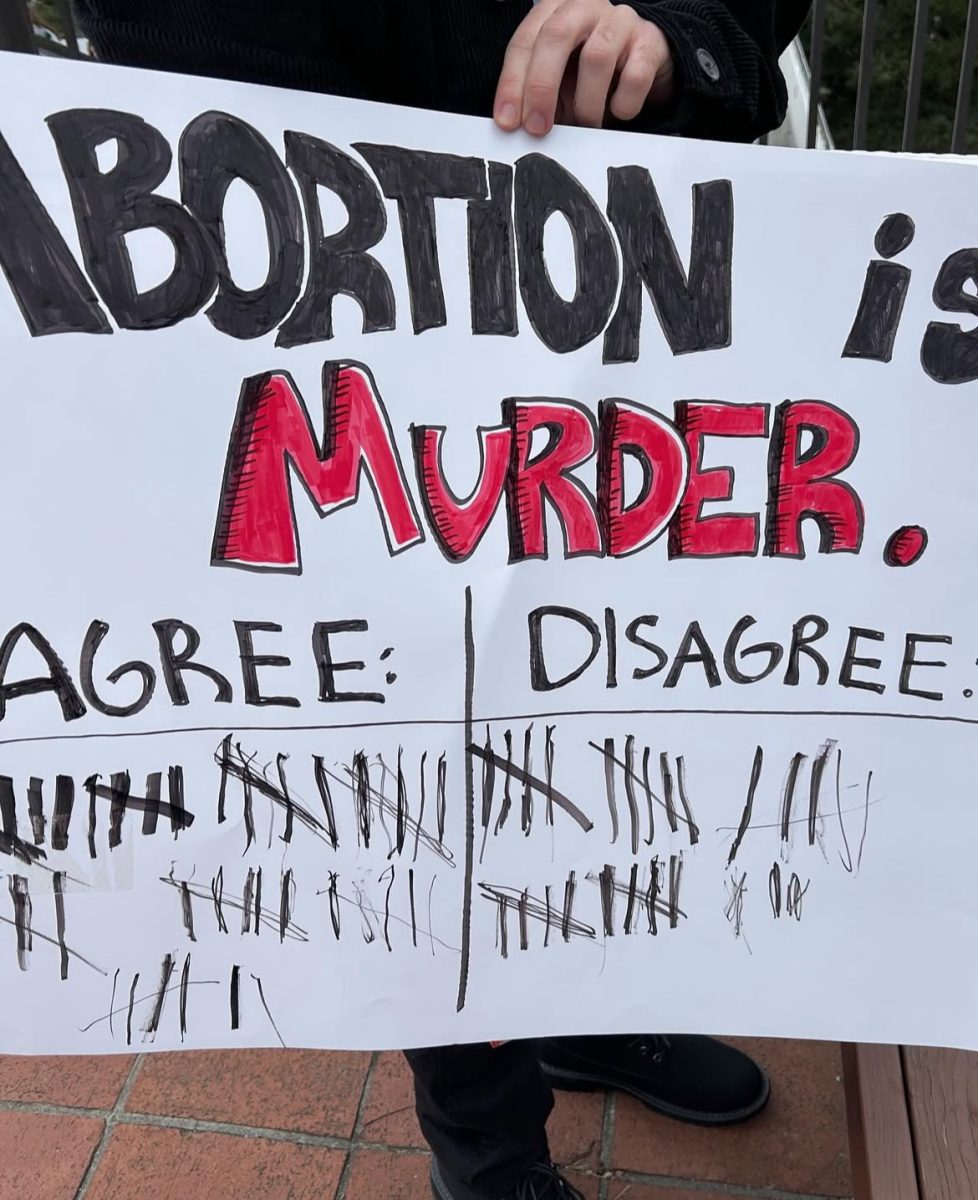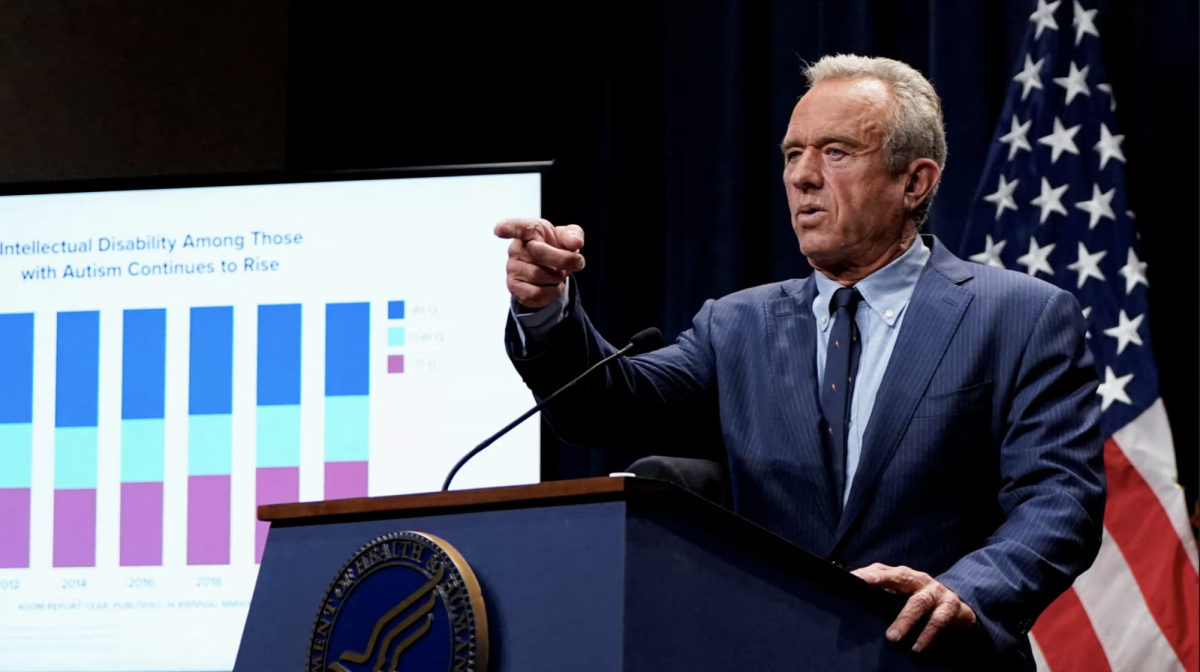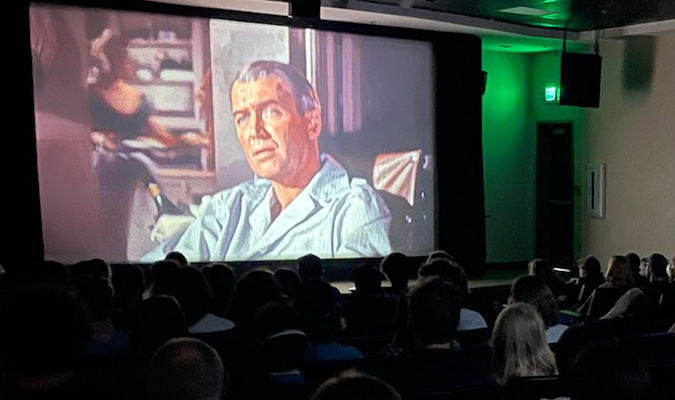Years from now, after the ravages of the Trump administration have either altered the fabric of our country or been stemmed by the resistance of those who stood up against them, Trump’s name and his actions will be found in our history books. Your children and, if you’re older, your grandchildren will read of a contemptible figure whose actions shock the conscience of any decent person. And when they read that history many of them will look up from their books (or their Kindles) and they will ask you what you did when these events took place.
They will ask you what you did when the President, while still a candidate, boasted about grabbing women’s genitals and called Mexicans rapists and promised to prevent Muslim refugees from entering the country.
They will ask you what you did when he sought to impose a ban against people from many Muslim countries from coming to our shores or ended Deferred Action for Childhood Arrivals.
They will ask you what you did when he denied the now-present consequences of climate change and opened up our nation’s natural treasures for privatization and corporate development.
They will ask you what you did while the President derided the U.S. judiciary, defended racist violence, promoted discrimination against LGBTQ people, used social media for personal vendettas, and treated the highest political office in the land as an opportunity to line his own pockets.
And when they ask you these questions, what will you answer? What will say when they ask, “You were around when all this happened. What did you do?”
Will you tell the truth? If you sat around feeling overwhelmed and wringing your hands, will you tell them that? Will you tell them that, well, nothing could be done but thank goodness we’re not there any longer?
Will you tell them that, really, it was bad but the Democrats were worse?
Will you act like the administration of our university, remaining silent in the face of what was done and what has been unleashed? (As I write these lines I am looking at a leaflet recruiting people for a white supremacist group that the administration—contrary to its own promises to the university community—has yet to condemn, as it did not condemn KKK leaflets the previous fall nor the ending of DACA nor, before political pressure from the Clemson community, the Muslim ban, although all of these things create suffering for many here at the university.)
Or will you instead sit next to them and tell them of demonstrations you joined or letters you wrote or calls you made or campaigns you participated in? Will you be able to tell them of those you linked arms with in solidarity, or perhaps of when you stood alone, against the pillages that rolled toward us? Will you be able to say that these outrages were not normal, they were not okay, and that you knew that and you acted on it?
Many years from now you will look back, either in despair at what this Presidency has wrought or in relief at how it was stymied, and you will know what you did and did not do during that dark time. My children have asked me what I did years ago when the times were less pressing, and one day my grandchildren will ask me what I did during the period we are in now. Yours will too, if they have not already.
And when they ask, when they look up from their laptops or their history books at a world that has become far worse off because of the success of this Presidency or spared from that by the actions of those who opposed it, what will you answer? What will you answer then?







